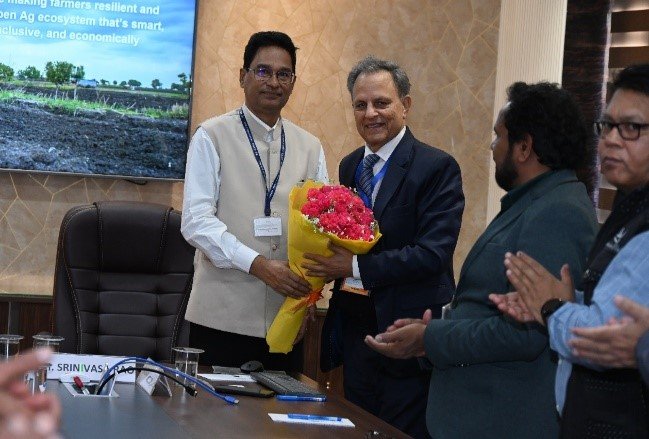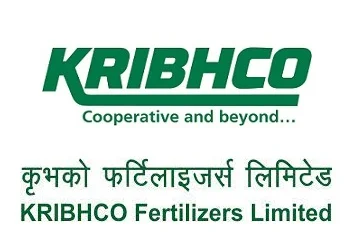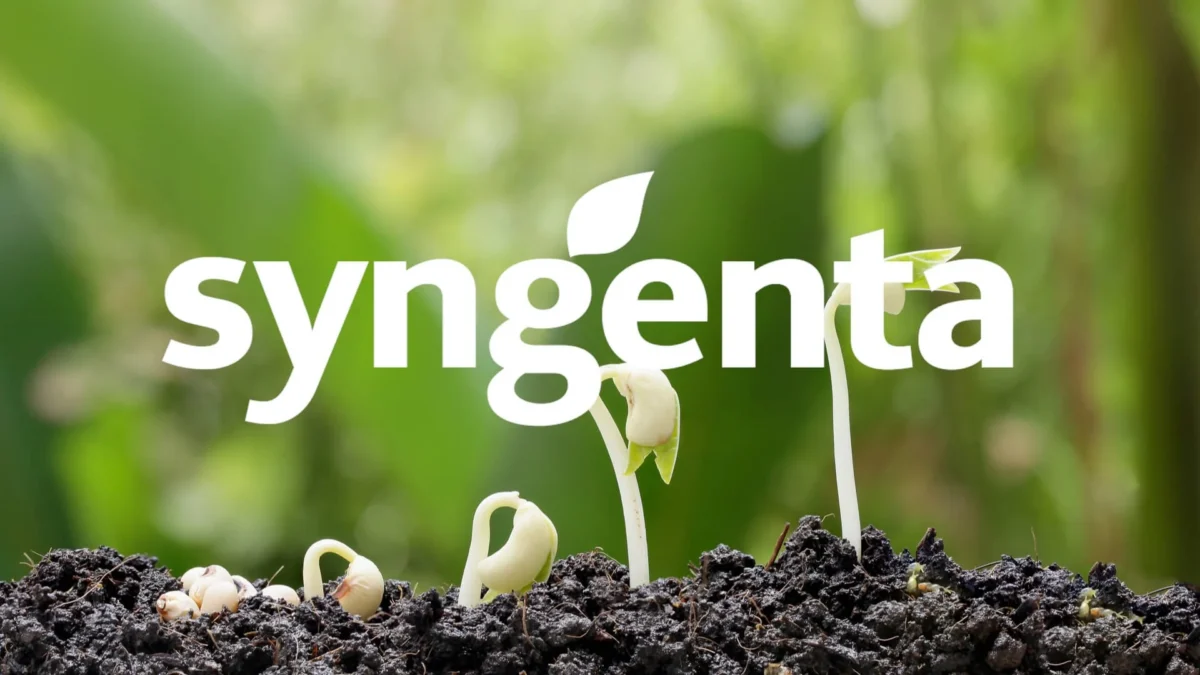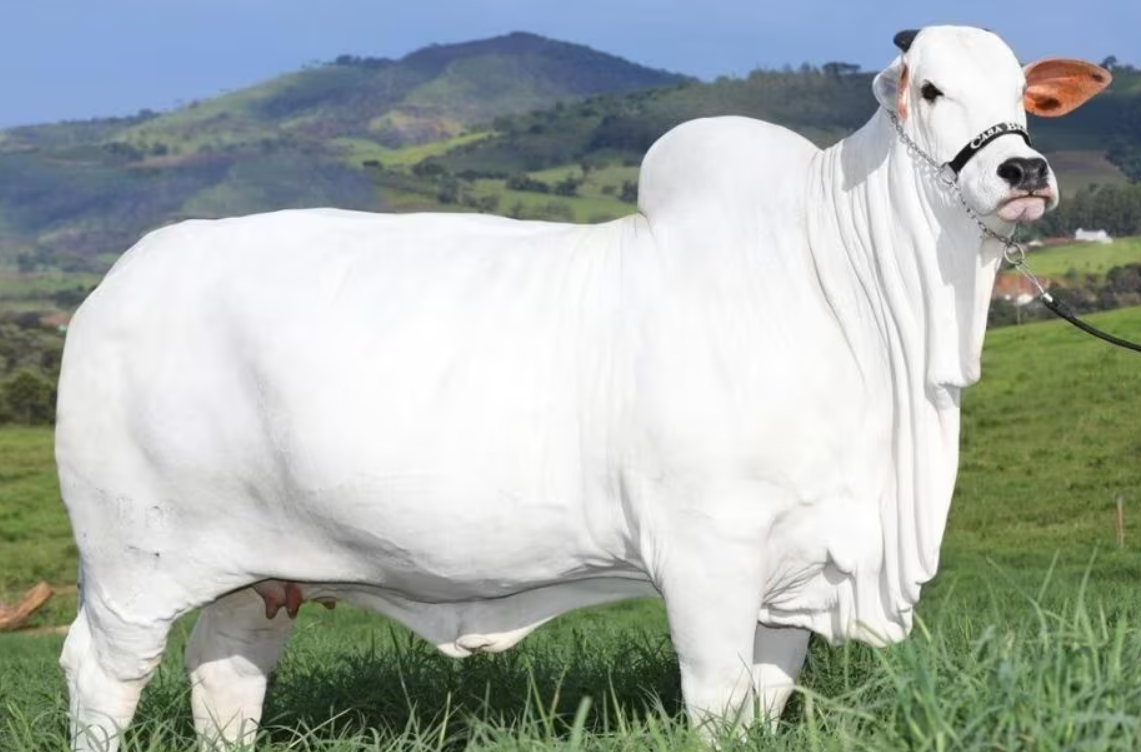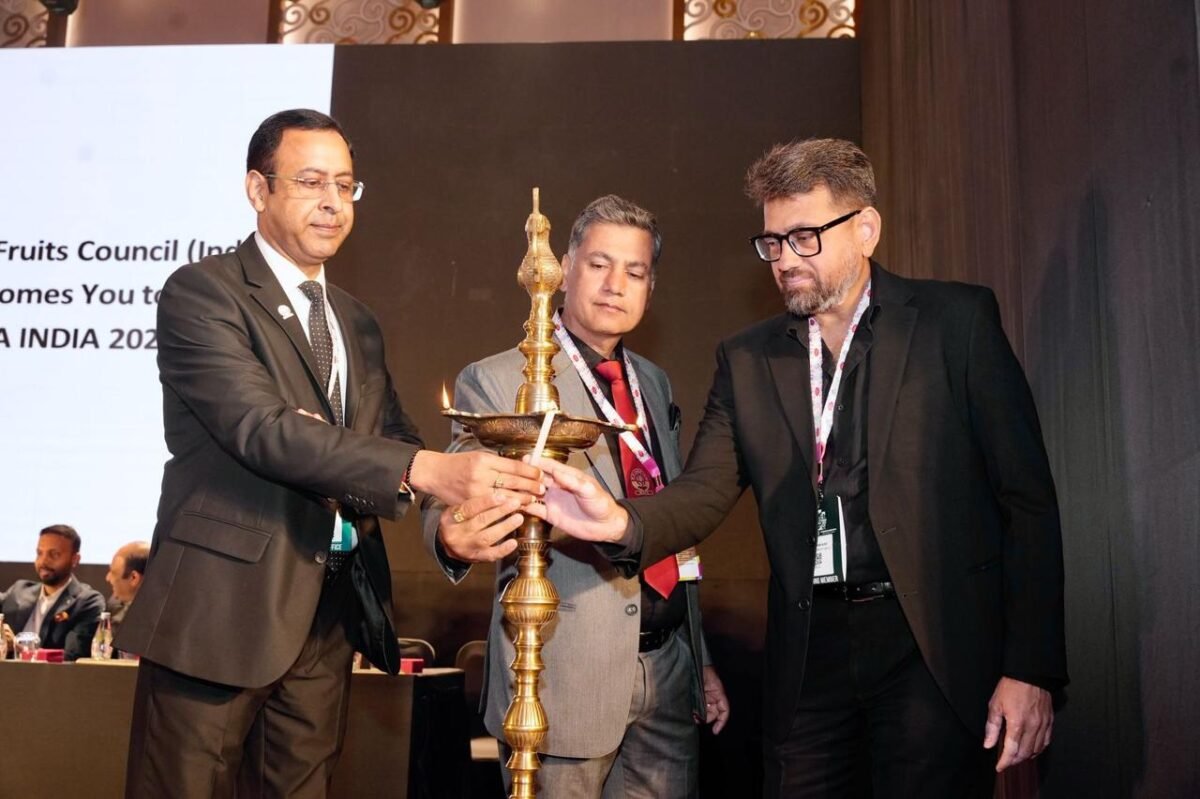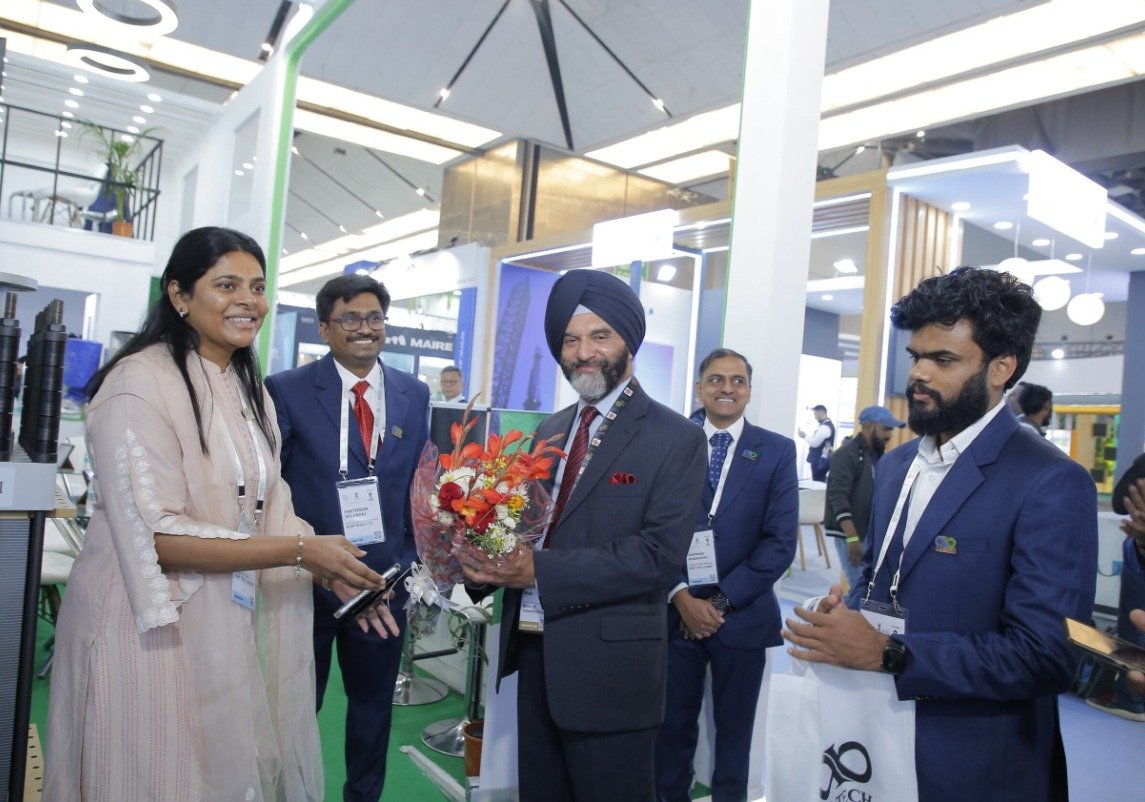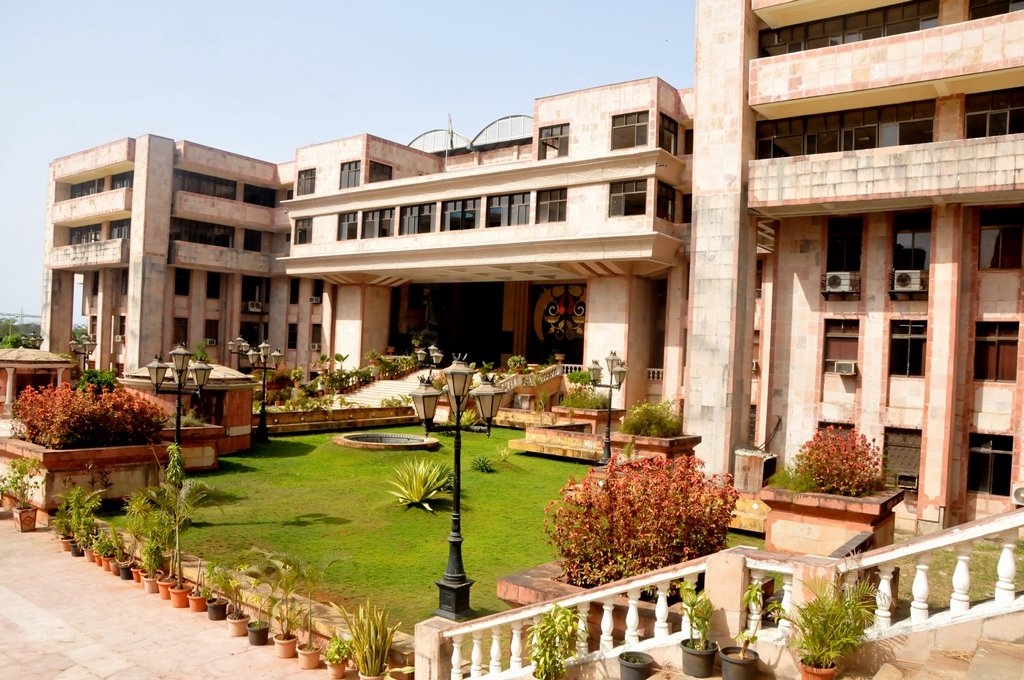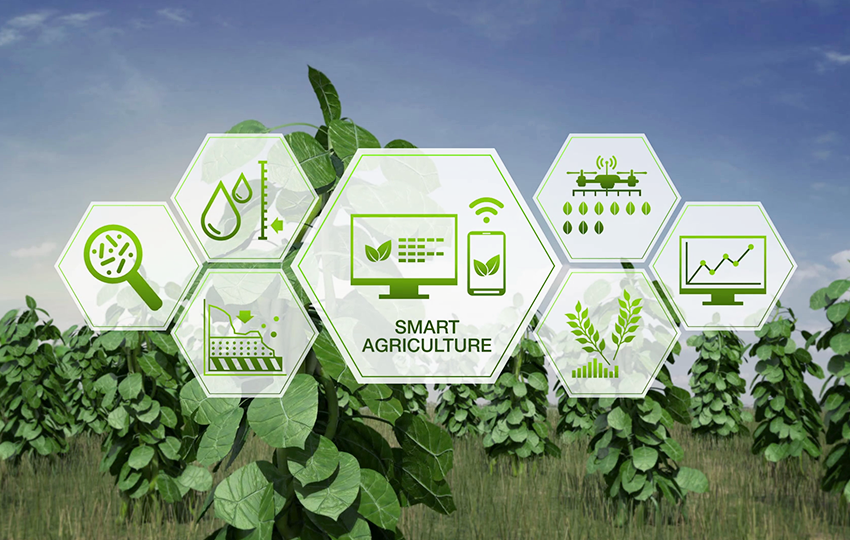The India-Brazil meeting is centered on trade and cooperation in digital agriculture, sugarcane, ethanol, pulses, and research and development
Trade, knowledge sharing, and digital agriculture were the topics of a high-level meeting at Krishi Bhawan aimed at enhancing India-Brazil agricultural connections. Through cooperation, the discussion sought to increase productivity, food security, and creativity
In a major attempt to improve agricultural cooperation, Governor Ronaldo Caiado of the Brazilian State of Goiás met with Minister of State for Agriculture and Farmers’ Welfare Bhagirath Choudhary at Krishi Bhawan in New Delhi. Strengthening bilateral ties between Brazil and India was the main goal of the high-level summit, with a focus on trade and cooperation in the areas of sugarcane, ethanol, pulses, R&D, innovation, and digital agriculture.
In the course of the talks, Bhagirath Choudhary emphasized the two countries’ robust and complex bilateral and multilateral ties. He underlined that the governor’s visit will open up new avenues for collaboration and further ongoing projects. Through information exchange and technological breakthroughs, both nations want to increase agricultural output, develop food security, and improve the wellbeing of their populations.
Governor Ronaldo Caiado recognized the close agricultural relations between the State of Goias and India, pointing out the parallels between their climates and agricultural landscapes. He emphasized that these similarities open doors for cooperation, especially when it comes to knowledge sharing, cutting-edge agricultural technologies, and capacity-building programs. Both countries may improve their agricultural capacities and promote sustainable growth in the industry by utilizing these synergies.
The gathering also covered India’s agricultural modernization initiatives. Key government programs like crop insurance, agriculture loans, and the growth of Digital Public Infrastructure (DPI) in the industry were discussed by Ajeet Kumar Sahu, Joint Secretary (International Cooperation). Both small and large farmers stand to gain from these efforts, which seek to build a more technologically sophisticated and robust agricultural environment.
The Brazilian delegation comprised high-ranking officials from the State of Goias, along with industry representatives, while the Indian side included senior officials from the Ministry of Agriculture and Farmers’ Welfare.
Trade, knowledge sharing, and digital agriculture were


